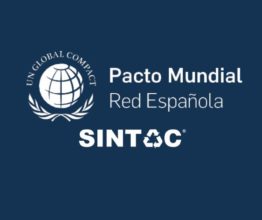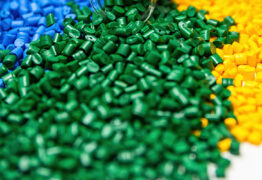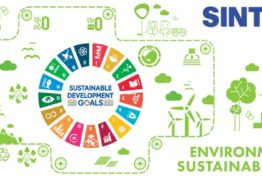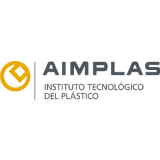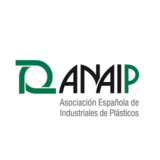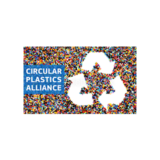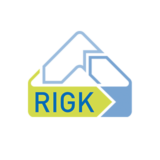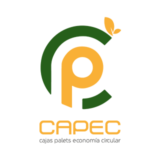Sintac joins the campaign #DoNotBlamePlastics to foster the responsible use of plastics
Sintac Recycling, one of the leading European plastic recyclers, has joined the campaign launched by some of the entities of which it is member, such as ANARPLA, AVEP, CICLOPLAST and PLASTIC EUROPE, to promote the responsible use of plastics.
Plastics are materials that are very present in all areas of the life of today´s society, because of the many advantages they present in their diverse applications. Precisely because of this, it is necessary to correctly manage the waste that is generated, to transition into a circular economy where waste becomes a resource.
From the plastics industry, AIMPLAS (Technological Institute of Plastics), ANAIP (Spanish Association of Plastics Industry), ANARPLA (National Association of Plastic Recyclers), AVEP (Valencian Association of Plastics Employers), CICLOPLAST (entity that promotes ecoefficient management of plastics) and PlasticsEurope (European Association of Plastic Raw Material Producers), consider it essential to inform society, with objective data, about the advantages of using plastics to counteract misinformation.
Truths About Plastics
The alliance, which SINTAC RECYCLING has joined, has developed a decalogue of ”Truths & Good Practices” with which it aims to inform society about the numerous advantages of using plastics.
This decalogue provides information to counteract the negative news about plastics that are confusing consumers about the real benefits and disadvantages of plastics. Among these, are those news associated with the safety of plastics, which is improper and wrong, since plastics are the most regulated materials and comply with the most demanding regulations. In addition, plastics are materials that perfectly guarantee the conservation of food, reducing its waste and enables society to consumer the food in the best conditions possible.
According to the FAO, the loss of food in Europe amounts only to 3% in developed countries thanks to the use of suitable packaging solutions; while in developing countries, where the use of packaging is not widespread, these losses can reach 40%.
The Most Sustainable Alternative
Plastics are also the most sustainable alternative for many applications. This way, packaging products made out of plastics are, on average, four times lighter than others produced with alternative materials. Thus, the number of trips made by trucks to transport the same quantity of products is reduced by half, with the consequent improvement of fuel economy and the reduction of carbon emissions. When using plastics in agriculture, as for example the drip-irrigation systems, between 30% and 60% of the usual water quantity needed with conventional irrigation methods is saved. Another example are aircrafts, opting for plastic materials for their production has increased fuel economy up to 20%.
Plastics also contribute to saving lives in a direct way through their countless applications in medicine and in the passive safety of vehicles, such as safety-belts and airbags that reduce by 20% the chances of suffering fatal injuries. Despite all these applications, only between 4% and 6% of the fuel and gas consumption in Europe goes to the production of plastics.
Rejection is not the solution: The key is the commitment of society and the correct management of plastics throughout the entire value chain.
Plastics are recoverable materials thanks to existing recycling processes; moreover, when recycling is not possible, plastics can be used as a renewable energy source, given their high calorific capacity. Therefore, plastics are materials that contribute to the Circular Economy.
In order to be recycled, plastics must be managed responsibly throughout the entire value chain.
According to the Dambeck Study, conducted by the Georgia University (EEUU) and published in 2015 in the Sciencemag Magazine, 80% of the plastic waste that ends up in the sea, comes from land-based sources. Therefore, plastic after-use management systems play a major role in fighting plastic pollution. It is important to point out the fact, that Spain ranks second in Europe in terms of highest household recycling rates. However, further improvements and developments within the plastics sector are necessary, to transform into a more sustainable and responsible industry that manages plastics in a circular way.
According to a survey conducted by Enet Consulting for PlasticsEurope in 2017, 70% of the Spanish population agree that the rejection or prohibition of plastics is not only an ineffective solution to stop plastic waste pollution, but also an enforced resignation of society to the multiple advantages of plastics. Furthermore, another Survey showed that 96% of Spaniards believe that the solution is to raise awareness among society, for the adequate waste separation.
